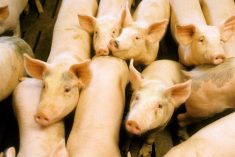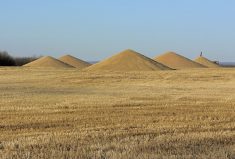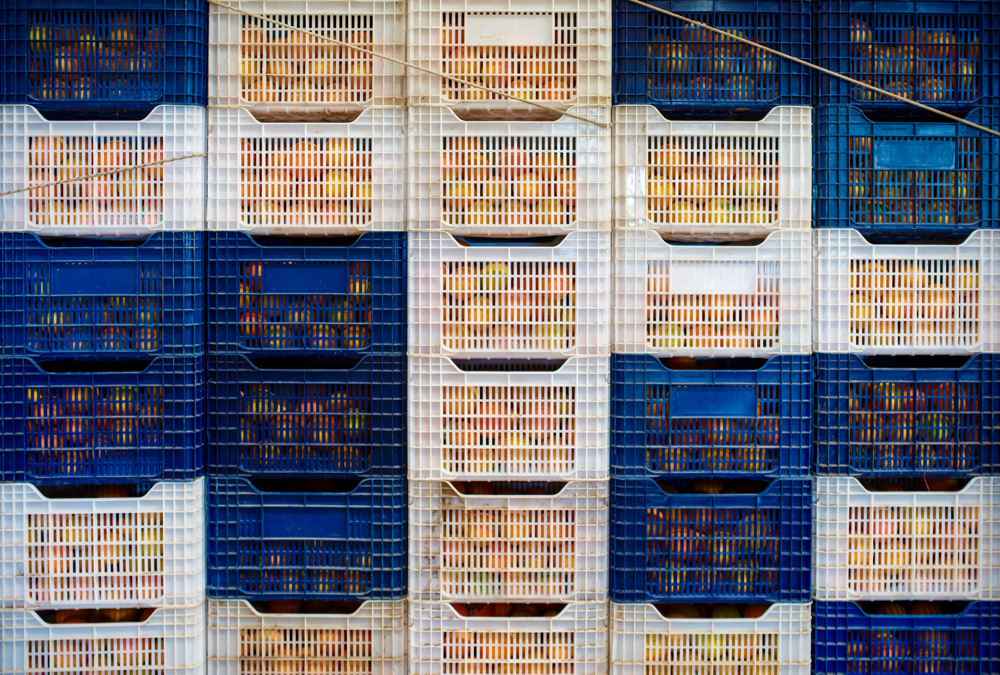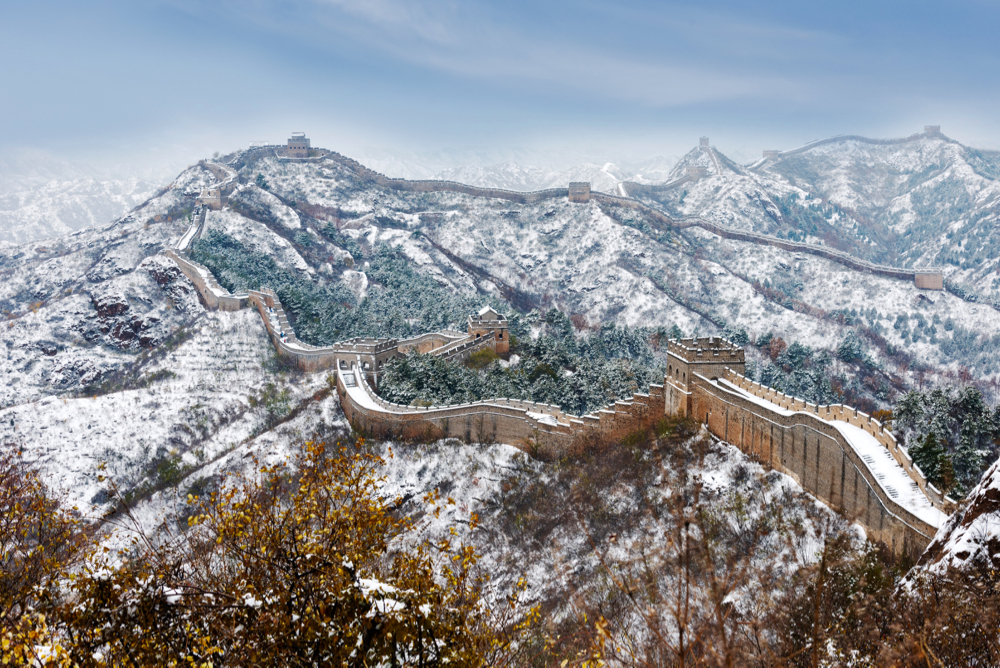Truth, civility, and honesty took a beating in the 2016 U.S. election, but global trade, the campaign’s daily whipping boy, actually grew in the July-September quarter.
Moreover, reports the CPB Netherlands Bureau for Economic Policy Analysis, an international group that tracks trade, the surge means global trade “may rise over the year as a whole.”
That rise, of course, could end during a Trump administration if the president-elect honours any of the anti-trade promises that became the bedrock of his campaign. Since his win, Trump’s anti-trade tone has moderated but no one believes it has completely faded.
Read Also
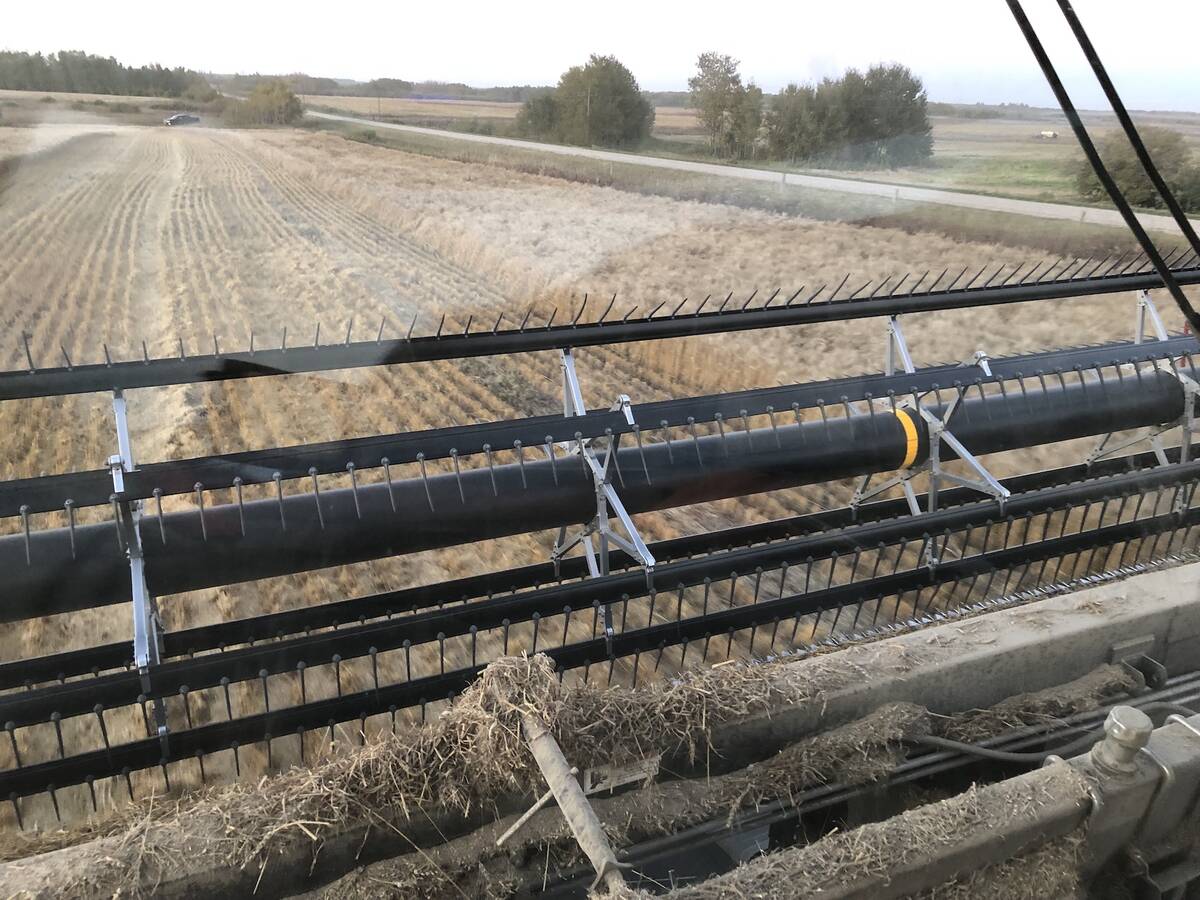
The poetic epic of Manitoba farming 2025
Former Manitoba Co-operator editor John Morriss returns for his yearly poetic sum up of the farming year and look ahead into 2026.
Farmers and ranchers, who pollsters say voted overwhelmingly for Trump, remain wary because 20 per cent of all U.S. farm production is sold overseas. In 2015, U.S. agriculture exported $133 billion (all figures U.S. funds) of bulk commodities and food to over 100 countries around the world.
Even more worrisome is that Trump’s toughest trade talk is aimed at deals that involve our very best food buyers — Canada and Mexico (the North American Free Trade Agreement, or NAFTA), China (that the Trans-Pacific Partnership, or TPP, isolates), and the European Union, or EU, (through the Transatlantic Trade and Investment Partnership, or T-TIP).
These four customers combined purchase a staggering 53 per cent of all American farm and ranch goods sold abroad.
All four buyers are now in the crosshairs of the incoming Trump White House because of what he calls “the worst trade deal ever,” NAFTA, and two other, all-but-dead regional deals, T-TIP and TPP, he says are “terrible.”
Trump isn’t alone in condemning current or pending trade deals. Not long ago, one presidential candidate openly complained that “NAFTA’s shortcomings were evident when signed and we must now amend the agreement to fix them.”
That candidate was Barack Obama in 2008, recalls Timothy Wise of the Small Planet Institute, in a Nov. 22 blog post. Obama’s failure to fix NAFTA, Wise adds, helped Trump gain traction.
NAFTA does have shortcomings, says Wise: weak environmental and labour standards, outdated regulations for immigration, and rules that empower corporations to sue nations, for example. Will a President Trump fix those problems?
No, believes Wise, because Trump’s trade view, as he often said throughout the campaign, is “America first.” In NAFTA that means a “nationalist version of anti-worker, pro-corporation trade deal” which “will be a disaster for… working-class Americans.”
If that NAFTA stance becomes Trump’s template for other trade negotiations, disaster awaits American farmers and ranchers who export 75 per cent of all the cotton they grow, 50 per cent of all their rice and wheat, over 40 per cent of all soybeans, and nearly 25 per cent of all pork.
We have an ag policy — for better or worse — built on trade. As such, trade isn’t just a big deal to most farmers and ranchers; it’s the whole deal. Anti-trade rhetoric might be red meat to blue-collar voters but it won’t go down well with cash-paying foreign food buyers.
Still, it would be a serious mistake to sell this president-elect short. Sixteen Republican challengers and one can’t-lose Democratic opponent made that mistake.
So, when Donald Trump says he’s going to renegotiate America’s “rotten” trade deals, expect him to try. Then pray he quickly learns that American ag exports aren’t rotten or broken.
Not yet, anyway.
The Farm and Food File is published weekly through the U.S. and Canada.



